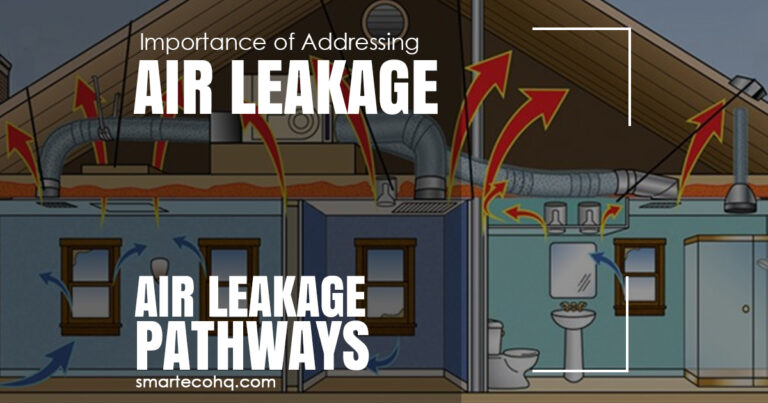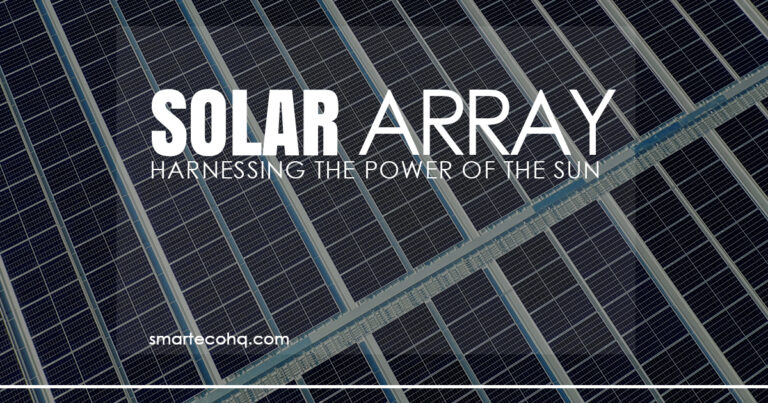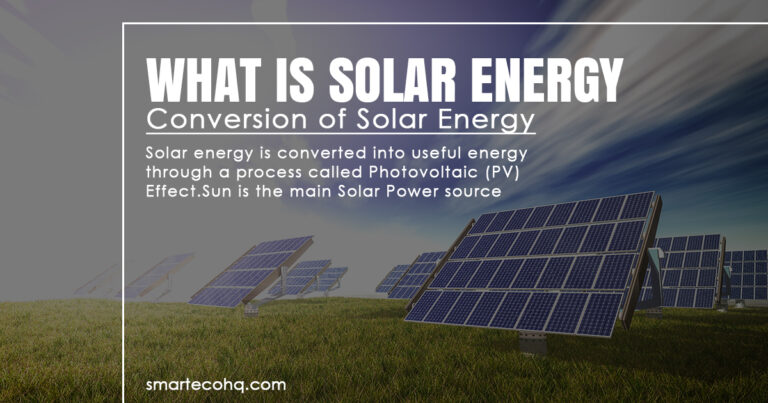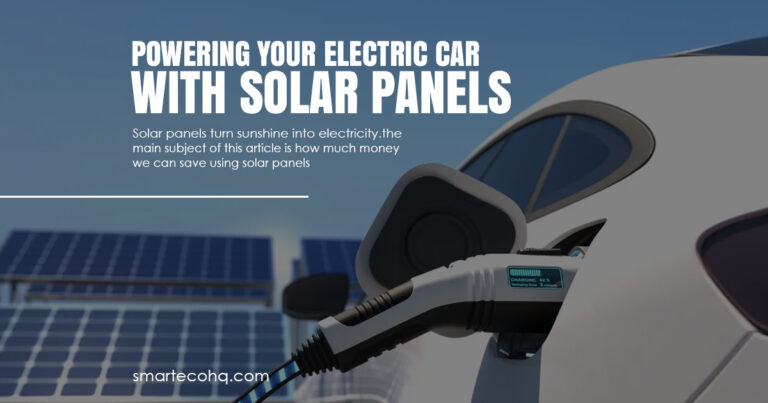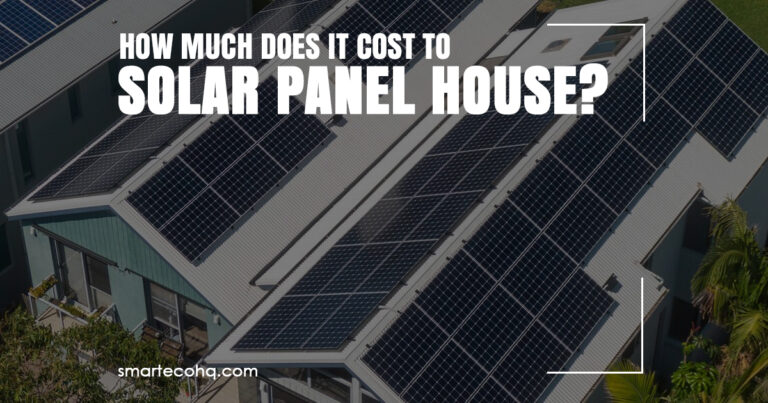Maximizing Solar Panel Efficiency: Strategies and Technologies

Solar Panel Efficiency :
Solar power is becoming an increasingly popular and accessible source of renewable energy. With the growing low cost of solar panels, more and more humans are turning to solar power to power their homes, businesses, and communities. Electrical panel requirements for solar power are the main factor to consider. However, to get the most out of your photovoltaic system, it is essential to recognize the key factors that affect solar panel efficiency. In this blog post, we will discover the top strategies and technologies for maximizing solar panel efficiency.
Table of Contents
- Understanding Solar Panel Efficiency
- The Key Factors That Affect Solar Panel Efficiency
- Advanced Solar Panel Technologies
- Maximizing Solar Panel Efficiency
- How is solar panel efficiency measured?
Solar Panel Efficiency
The percentage % of sunshine that hits a photovoltaic panel and is converted into useful electricity is referred to as “solar panel efficiency.” The higher a photovoltaic panel’s efficiency, the more extra electrical energy it will create.
Solar panel efficiency is generally measured by percentage, with the most efficient panels on the market nowadays achieving around 22–23%.
Factors That Affect Solar Panel Efficiency
Different factors can affect the efficiency of a photovoltaic panel, including the kind of photovoltaic cell, temperature, shading, orientation, and tilt. It’s necessary to take these factors into account when designing and installing your photovoltaic system to maximize its efficiency.
- The efficiency of solar panels can be significantly reduced by shading them with trees, structures, or other obstructions. It’s essential to make sure that your solar panels are installed where they will get the most daily sunshine.
- The orientation and tilt of your solar panels can affect their efficiency.
- Solar panels are most efficient in cooler temperatures, so Extreme warmth can decrease their output.
- Dust particles reduce the efficiency of solar panels by preventing proper sunlight from reaching the panels.
Advanced Solar Panel Technologies
Several cutting-edge solar panel technologies can improve the efficiency of solar panels even further, such as the following:
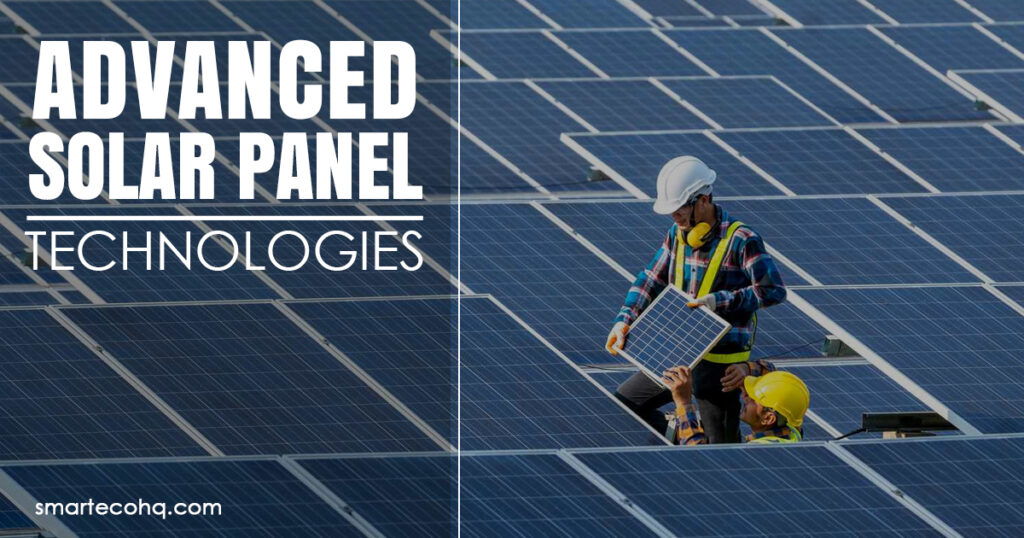
- With the Passivated Emitter Rear Contact (PERC) technology, the front of the cell can enhance light while the back can experience less recombination.
- Heterojunction Technology includes laying thin silicon layers on top of one another to build a more efficient solar cell.
- Bifacial Solar Panels are more efficient since they can absorb sunlight from both sides of the panel.
Maximizing Solar Panel Efficiency
You should consider the following to improve the efficiency of your solar energy system:
- Acquiring Efficient Solar Inverters and high-performance solar panels.
- Installing your solar panels in an area with little to no shade and maximum direct sunlight during the day
- Verify that your solar panels are facing the effective direction and are inclined at the proper angle.
- Keep your solar panels clear of obstructions that could obstruct sunlight and reduce their efficiency.
Measurement of Solar Panel Efficiency
The ability of a Solar Panel to convert sunlight into useful electricity is often used to determine its efficiency. The “Efficiency” of the panel is measured as a percentage of the total amount of sunlight hitting it.
The “STC” (Standard Test Conditions) rating is the most popular method for evaluating a solar panel’s efficiency.
The bifacial PV panel’s performance can be compared using the STC rating, but it’s vital to keep in mind that real-world circumstances may differ greatly from the test-lab conditions. The actual efficiency of a solar panel varies depending on the weather, shade and panel orientation.

